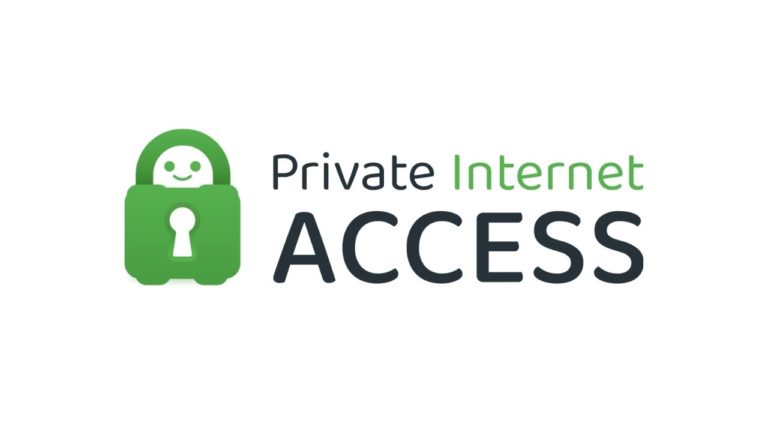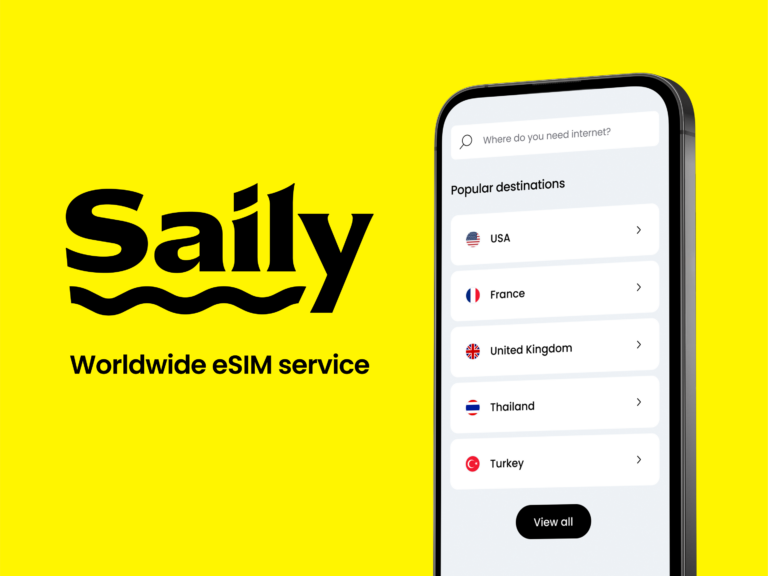Our website contains links to partner sites. If you click from our site to the partner's site and purchase their services there, we will receive a commission for mediation (Find out more information). This form of cooperation does not affect the objectivity of our reviews. With each purchase made through links from our site, you support our editorial office so that we can create quality and useful content in the future. Thank you.
Important notice All our articles are written by real people. They are not artificial texts from a machine.
How to Stop Spam Calls to Your Phone Number
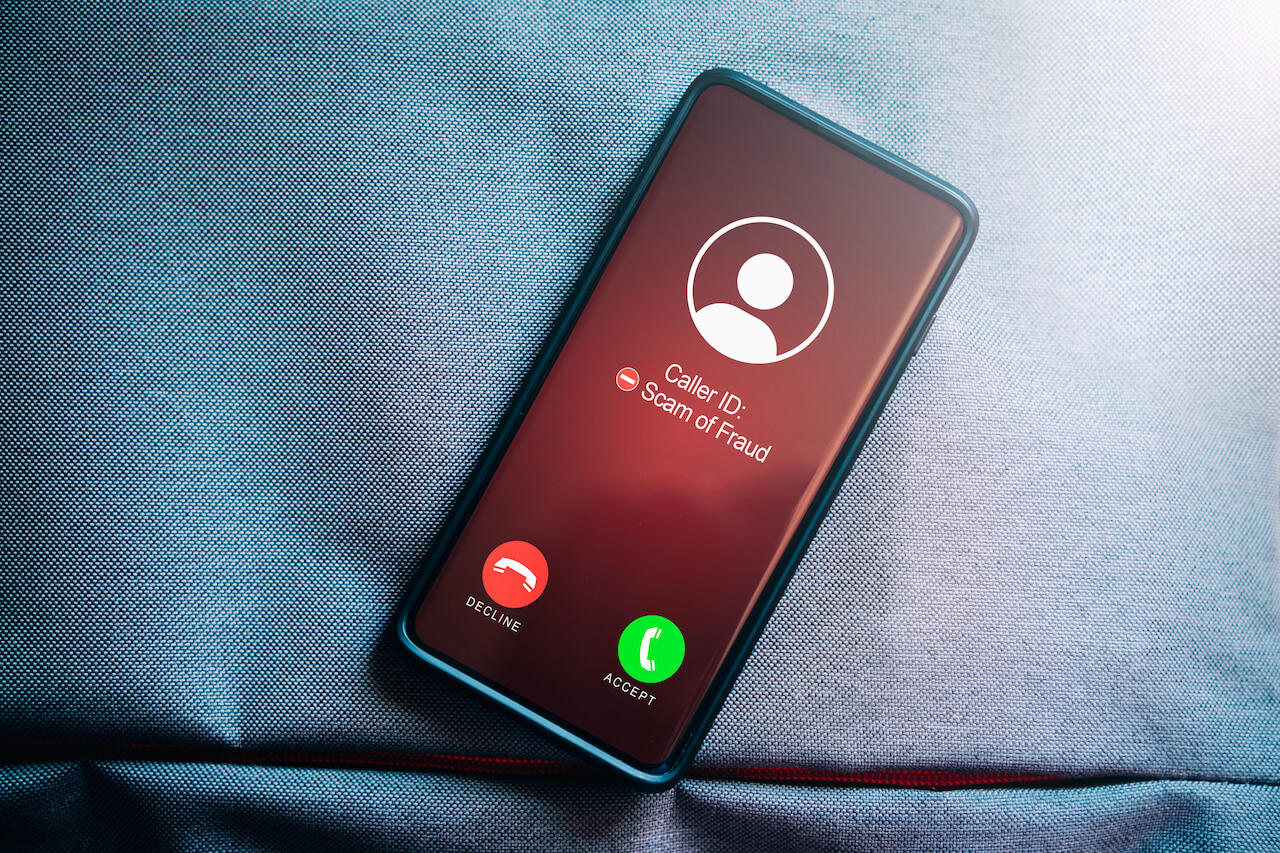
Surely, you’ve experienced receiving a phone call from an unknown number with the caller offering you various services or products.
- Spam calls are utilized by businesses or scammers to distribute unwanted or deceptive information.
- Spam calls often utilize automated calling systems, known as robocalls, which allow senders to mass distribute calls with pre-recorded messages at minimal costs.
In this article, you’ll learn how to minimize the number of unwanted calls on your mobile phones and how to protect yourself from phone scammers.
Why You Are Receiving Unwanted Calls
The goal of unwanted calls can range from promoting products or services in which the call recipient has no interest to attempting fraud or phishing (obtaining sensitive information such as passwords and bank account details).
It’s very likely that if you’re receiving unwanted calls, your phone number is registered in various contact databases. How is this possible?
- Have you thoroughly reviewed the contract with your operator? Often, it includes an agreement/disagreement option to provide your phone number for marketing purposes.
- Most likely, you have provided your phone number to some website or online shop, or you have participated in a contest, survey, or SMS voting, etc., agreeing that your personal information may be used for marketing purposes.
- Your contact details may have been further sold (despite the website or shop owners committing not to provide your details to third parties). It’s an unethical practice, but it’s unlikely you’ll trace where the information leak occurred.
- Often, when asked where the caller got your number, you’ll receive the answer: Your number was randomly generated by a computer.
- Your contact details may have been stolen by scammers from poorly protected databases of merchants, operators, etc.
- Data may have been collected by data brokers.
How to Stop Spam Calls
Fortunately, there are several proactive steps you can take to combat this nuisance and regain control of your phone. One of the first lines of defense is registering your phone numbers with the FTC’s National Do Not Call Registry. While this method is effective against “legitimate” spammers who abide by regulations, it may not deter all unwanted callers.
Another crucial tactic in your fight against spam calls is removing your personal information from data broker websites and databases. These entities collect and disseminate your data without your consent, exposing you to unsolicited communication. By manually sending opt-out requests to data brokers or utilizing services like Incogni, which automate the process, you can significantly reduce the presence of your information online, limiting the avenues through which spammers can reach you.
In addition to proactive measures, employing reactive strategies such as blocking individual phone numbers or all unknown numbers can provide immediate relief.
Blocking the Caller Directly on Your Mobile Device
If you choose to ignore all calls from unknown numbers, you might also miss important calls you’re expecting. If you receive an unwanted call from an unknown number and don’t want to receive any more calls, block the caller directly on your phone:
- View your call log.
- View call details.
- The left image is from the call menu on an iPhone – one of the options is “Block this caller”. The right image is from an Android phone – the “Block” option is available through the bottom menu in call details.
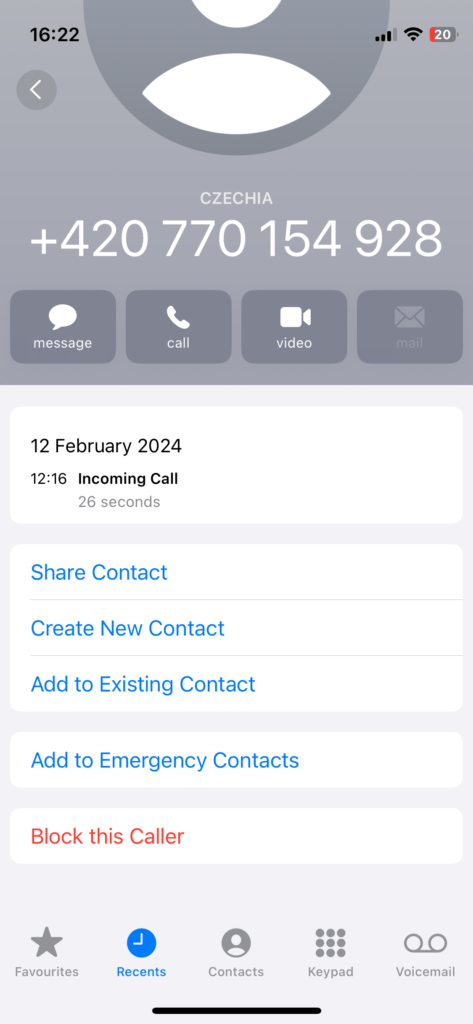
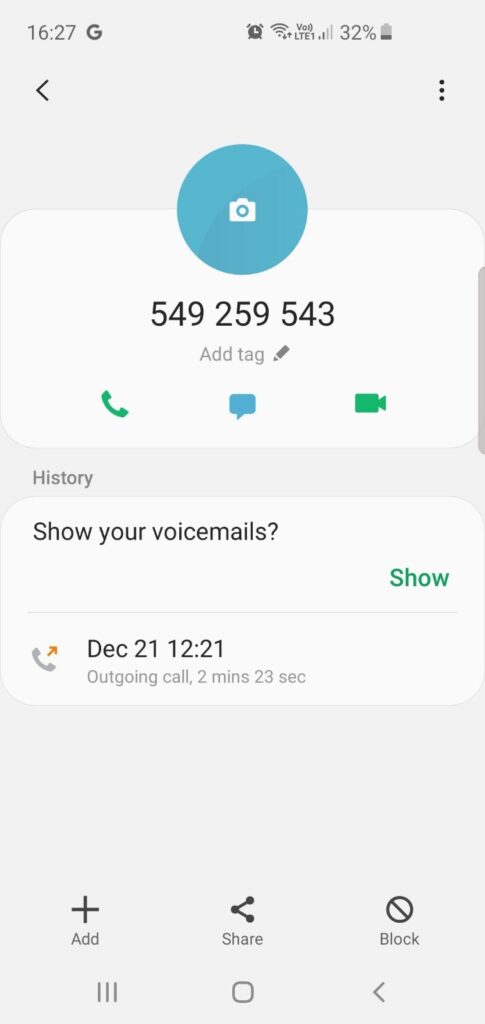
(Note: The pictures are illustrative only; we did not need to block a specific number.)
Blocking is effective for a specific phone number. But it has probably happened to you that other phone numbers subsequently contacted you with the same offer. Because your number remains in their corporate directory, or continues to be available in public directories or broker databases.
Who Are Data Brokers?
Data brokers collect and analyze personal information about people for their own profit or for the purpose of selling it to third parties.
- They track what you search for on the internet, your recent purchases, shopping habits, and more in order to target advertising more accurately.
- They obtain data about your financial situation for companies offering various financial products.
- They gather your health data to offer you various medical interventions or insurance.
- They may also be interested in data about your job positions and experiences, which they then offer to staffing agencies trying to fill job positions with suitable candidates. They use publicly available sources to obtain data:
Various publicly available registers of individuals or companies.
- For example, everyone knows the trade register or business register.
- Social networks, where we often reveal too much about ourselves if we neglect security settings and leave our profiles public.
- Any websites where we appear under our own name, thus leaving a digital footprint on the internet.
Incogni: A Service to Erase Your Phone Number from Broker Databases

- Incogni is intended for residents of the USA, United Kingdom, EU, Switzerland, and Canada.
- Incogni collaborates with agencies and organizations for consumer rights protection.
- The Incogni service is designed in accordance with data protection laws – GDPR (General Data Protection Regulation), UK GDPR, and CCPA (California Consumer Privacy Act).
- Incogni has access to lists of data brokers.
- Incogni will verify if your data is present in any of the databases. Subsequently, it will request brokerage firms to delete your data from their databases.
- Approximately a month after the request is sent, Incogni will verify if the deletion has indeed occurred.
- During your subscription to Incogni, regular checks are performed to ensure brokers have not re-added your information to their databases.
- All these steps can be monitored in the Incogni application interface.
- Incogni is very advantageous for individuals because, in addition to protecting personal data, it saves time and provides legal support. If you were unaware of the existence of data brokerage firms before, you probably wouldn’t know where to find them. To provide sufficient legal arguments in requests for access to or deletion of your data from these firms’ databases, you would need to study legislation concerning personal data protection. Otherwise, these companies may ignore your requests.
- Incogni ensures that the request for removal from brokerage databases has a real impact.
Summary and Conclusion
You can primarily protect yourself from unsolicited phone calls by being cautious when providing personal information to companies or on public websites. Always thoroughly review the terms of use. Don’t overlook the notorious “small print notes” that may allow your inclusion in broker databases. Protect your personal information to avoid the inconvenience associated with unsolicited calls.
If you are bothered by a large number of unsolicited calls, you can use services such as Incogni.





